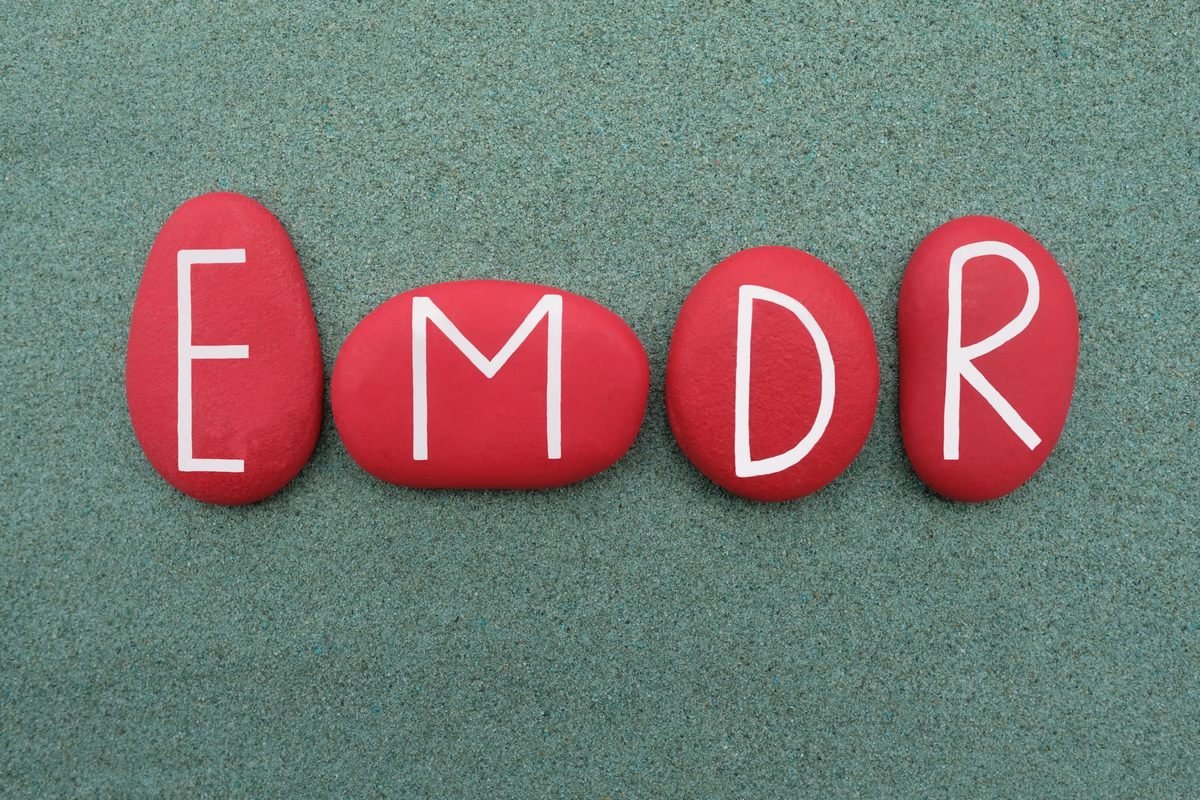One of the many emotions associated with trauma is grief. That’s because when you experience trauma you are often grieving for a loss.
Maybe it was the loss of personal safety or the passing of a loved one. Regardless of what it was, grief will linger long after the events connected to the trauma pass.
It can be very hard to move past grief. That’s because the problem is that grief can transform into post-traumatic stress disorder or PTSD.
However, it is possible to find healing using a technique called Eye-Movement Desensitization and Reprocessing (EMDR).
Here are four ways in which EMDR supports coping and healing from grief.
1. Learning New Coping Skills
Before the EMDR process even begins, you will learn and practice coping skills for trauma. You will need these useful skills when you are participating in an EMDR session. Why? Because the recall of painful memories is necessary for this process to work.
However, doing this will obviously not be easy when you are in the moment and a memory becomes too much to bear. And that’s where coping skills, such as mindful breathing and other methods, can help. They allow you to stay centered and get back on track, rather than have the whole session be derailed.
Learning these skills will also be useful for coping in your everyday life if those memories come to the surface and overwhelm you with grief.
2. Finding Connection with Your Whole Self
EMDR therapy can also help you cope and heal from grief by finding a greater connection with yourself.
With trauma and PTSD, people often struggle with a disconnect between their mind and the rest of their body. Oftentimes, this happens because the overwhelm of grief shuts down the processing of the trauma through a disconnect from your body. In fact, some people will report feeling outside of themselves. Or they don’t perceive any connection between what they are thinking and the rest of their body.
EMDR can help restore that connection. It specifically targets the reprocessing of the grievous memory and thus removes the block and reconnects your body and mind.
3. Learning to Let Go
When you are grieving it can be particularly hard to let go. There are several reasons why this occurs:
- You constantly replay what happened in your mind, searching for a different outcome.
- If you stop grieving, you fear you will forget, especially if it involves someone you care about.
- You may punish and blame yourself for the events that occurred, even if they were not your fault.
Not letting go can have tragic results long-term. It can lead to substance abuse, addiction, or worse. That’s why grief needs to be processed and resolved.
With EMDR, you are able to accomplish this over the course of the treatment. The therapeutic process helps your brain to calm down and process your memories without the emotional attachment. Eventually, feelings of grief will no longer overwhelm you when you recall a memory associated with the trauma.
4. Living Your Life
Of course, things are not going to be entirely the same as they were before the trauma. No therapeutic technique can promise that, and you should be suspicious of any kind of false promises like that.
Rather, EMDR gives you the tools and support to face those memories and actually resolve them. And you’re not alone in the process. An EMDR therapist’s job is to guide you through the resolution of grief. They know how to strike the right balance between providing guidance while also allowing you the space to feel your emotions.
But this is different from when you feel emotions on your own, and they seem out of control. You are in the “driver’s seat” and have the power to stop when it gets too much. Remember, resolving grief is a process, but the results will allow you to feel free to live your life again.
—
Practicing EMDR with a therapist trained in the technique can help you to resolve your many symptoms connected to your trauma. This includes grief. If you want to learn more about how EMDR therapy could help you, please don’t hesitate to contact us, 256-602-2079.

